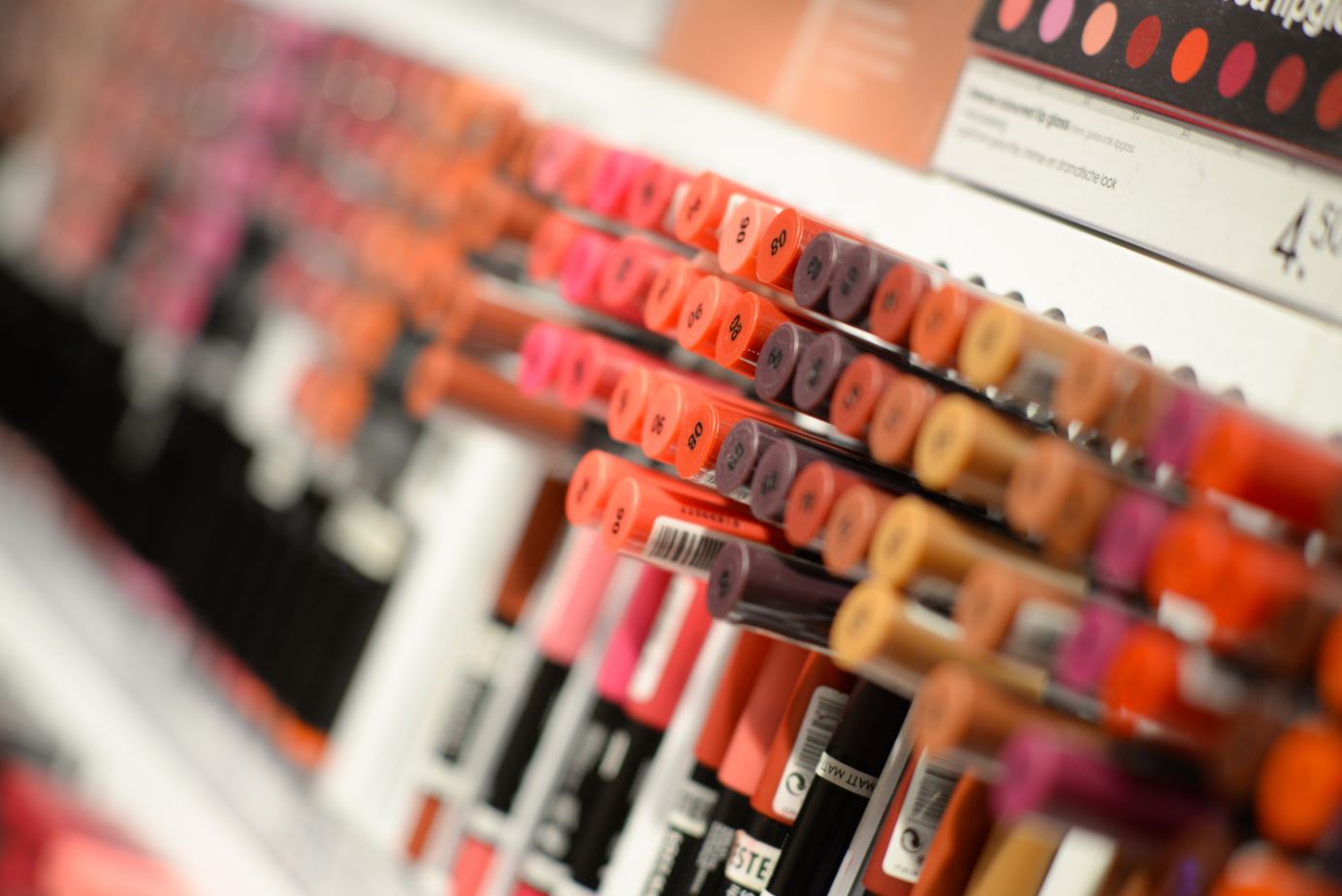When cosmetics first became popular in the glamorous silver screen era of the 1920s and 30s, powder compacts and lipsticks were covetable accessories. People had fewer items, often in attractive cases that were designed to be seen, treasured and refilled. Walking down the aisle of any chemists or department store today, a staggering display of shiny new beauty products exists to tempt shoppers, but they are mostly encased in disposable plastic.
The cosmetics industry is vast and has an environmental impact to match. Zero Waste Week, an annual awareness campaign to reduce landfill, reported that more than 120 million units of packaging are produced every year by the global cosmetics industry and until now most of this has ended up in landfill. But is this tide about to turn?
The younger generation of consumers are more eco-aware: makeup companies are behind the curve by not equating a modern, fresh approach to cosmetics with sustainability. The ‘clean beauty’ movement has definitely taken hold online, but is still yet to translate into high street retailers until now. Leading the way for organic makeup, Kjaer Weis have sleek refillable compacts across their whole range, and luxury brands like Guerlain and Charlotte Tilbury have new refillable lipsticks that emulate the desirability of vintage makeup cases. The initial purchase price is higher so if you can afford to buy less and better this is great – but we need to make this accessible to the millions of women who can’t afford a £40 lipstick.
Savvy shoppers will not be happy to learn that packaging free pioneers Lush estimate currently on average 40 -50 per cent of the cost of a cosmetics item is the packaging alone. So not only are manufacturers creating wasteful packaging, we are literally paying the price. Brands that are widely stocked throughout the country could all have collection points at their display stands for recycling. Some mainstream brands are taking steps to tackle beauty rubbish by offering incentives or rewards when packaging is returned for recycling, such as Mac with its ‘back to MAC’ scheme, Kiehl’s and The Body Shop but this is not enough. It should not be voluntary, and we need to challenge throwaway culture.
The Refill campaign is making great strides in awareness about the need for water refill stations: now this needs to expand beyond grocery to beauty and beyond. The main aim should be to reduce packaging or design it for reuse. Making refillable formats and having this consistent across beauty ranges would be a great way forward. Some brands may stock one refillable item such as magnetic eyeshadow palettes, but the rest is disposable.
With good design and clear intent, it is possible to do better. Plastic alternatives made from bamboo used by companies such as Zao are now appearing more often, along with a return to easily recyclable glass and metal. Trimming down the amount of outer packaging is starting to happen gradually, but luxury brands need to adopt this too – cellophane wraps out, recycled card/paper and soy-based inks in.
Mainly refillable products offer brands the benefit of repeat custom as it encourages people to return and purchase again. Companies may say it’s not possible to redesign, but packaging changes constantly as they try to lure customers to their latest innovation. If niche companies can use alternatives, the global big hitters that make millions in profit every year should surely have to invest in creating cleaner, greener packaging, too.
We need to make all beauty brands accountable for the waste they generate and encourage a new refill culture where waste is just not fashionable any more.















Thanks for sharing this article. Another thing I am not sure that people are aware of are liquid plastics / synthetic polymers which are found in a lot of beauty products.